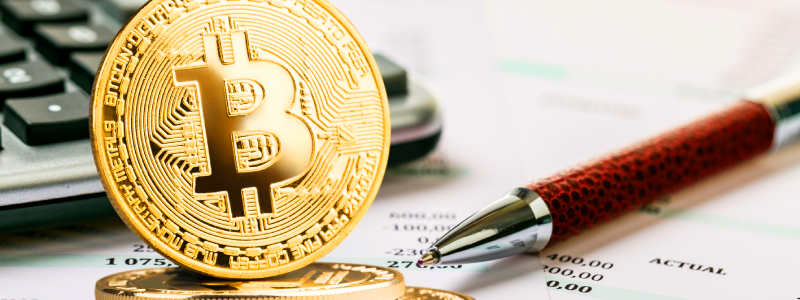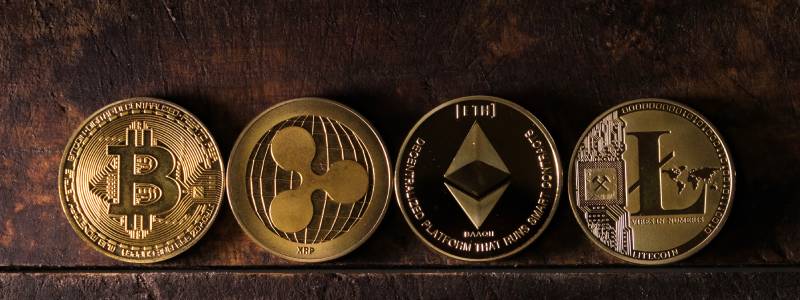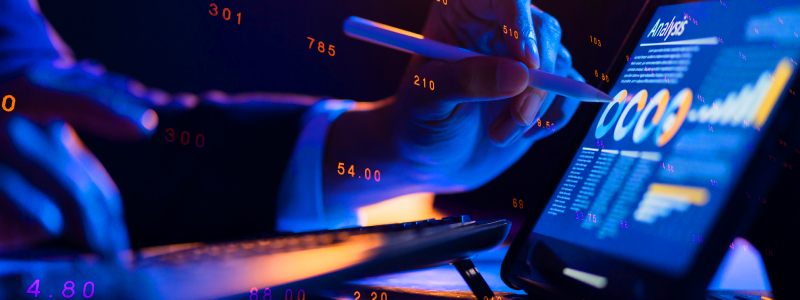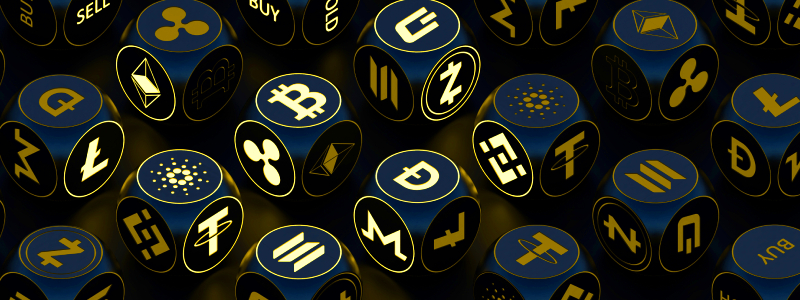If you were to choose cryptocurrency keywords for 2021, NFTs are arguably among the most prominent. While NFTs have existed since 2015, sales and interest in them exploded in early 2021. Given that you’re undoubtedly here for that reason, let’s get started by explaining what NFTs are and how they’re taxed in Australia.
What are Non-Fungible Tokens?
A Non-fungible Token (“NFT”) is a unique unit of data stored within a blockchain. The blockchain put simply is a digital ledger, the NFT that is stored on the digital ledger can then be traded, bought, and sold. This NFT data is used to associate digital files such as pictures, videos, audio, and even in-game assets for online blockchain games. Marketplaces such as OpenSea are common places for unique and headlined collections which you may own or have heard about.
The NFT space has grown in popularity and is quickly becoming the top trend. NFTs have attracted many investors to buy and hold digital artwork and in-game assets. Different cryptocurrency projects such as ‘Sandbox’ are building the foundation to allow future developers to create and refine their own ideas within their platform. As the market share is growing for the NFT space, many other developers are entering this space creating competition and driving innovation.
NFT games are an interesting area of NFTs where game developers create assets that players can then own and play with within the games. Each asset has its own unique identifier as a part of the limited run, just like a limited-edition print.
NFT artwork currently is predominately digital graphical art pieces, some artwork doubles as usable in-game assets for some platforms which is an example of the innovation that is helping to shape this space. NFT artwork operates in the same manner as NFT games, owners of the artwork own a unique identifier that is linked to the individual artwork that is part of a limited production collection.
This directly impacts the price of the NFT as the NFT which is sought after is limited in nature and can skyrocket to unfathomable values. The highest current NFT sold was in December 2021, for $91.8M USD, (approximately $128M AUD), this NFT was made up of individual units purchased by 28,983 collectors. The single highest NFT sold occurred via an auction on 11th March 2021 where the digital artwork was sold for $69.3M USD, (approximately $96M AUD).
Many NFT collections released to the public are acquired immediately as investments as secondary sales can yield very large profits for investors because of the NFT’s demand skyrocketing after launch. Many well-known brands such as Disney have sold limited edition NFTs, and the original owners of the NFTs are now reportedly selling these for 10 times their initial purchase price.
Drilling down at a technical level
As mentioned above, the NFT is simply a unit of data which is stored on a blockchain that can be associated to something. Popular NFTs are hosted via blockchains such as Ethereum and Solana. It is within these blockchains that they are bought and used using the respective blockchains native currency (ETH or SOL respectively).
Purchasers of NFT will keep the data unit stored within a digital wallet like Metamask (ETH based wallet) or Phantom (a popular SOL based wallet). Once the data unit is stored within, he digital wallet the owner of the wallet will have full ownership and control over the NFT.
A Comparison of NFTs and Cryptocurrency
At a technical level, NFTs and cryptocurrency use similar programming and are stored on the blockchain. However, cryptocurrency is used to make transactions on the blockchain whereas NFTs are non-fungible and is why cryptocurrency is used to transact with the NFT.
Commercial application
The commercial development of NFTs is gaining traction as it is a good way for artists and creators to monetize their work. It is common for royalties to be inbuilt into the programming of these NFTs as a means for creators to take a percentage amount from secondary sales. An open marketplace such as Open Sea also allow for artists and creators to list their new NFTs without the need for a gallery or another third party to sell their products for them, this prevents the artist from sacrificing rights to the work they create and hence another aspect of NFTs growing popularity.
We believe that NFTs will continue to grow and adapt to physical products. We are working with clients that are creating the foundation in this regard and if success wide scale adoption from large worldwide brands will be eminent.
Tax implications for NFTs
In Australia, NFTs are treated the same as other traditional cryptocurrency coins and tokens. The ATO’s view on NFTs is that it’s an asset for capital gains purposes. The ATO’s guidance towards holding crypto assets as an investment and provoking the capital gains provisions or being a trader with tax treatment being applied on revenue accounts also applies to NFTs. This means that NFTs like other cryptocurrency coins and tokens can also be held as trading stock, provoking the trading stock rules.
As an investor of NFTs, you will likely be assessed on any NFTs that you sell. The ATO outlines clear record keeping requirements when acquiring assets. A few things to make sure you have on hand are, purchase dates, purchase price, quantity, and the asset acquired. You are likely to incur a capital gain if the capital proceeds exceed the cost base of the asset. On the other hand, you will likely incur a capital loss if the capital proceeds are less than the cost base of the asset.
If you are using a well known recognized blockchain and ‘hot’ wallet, the information from above should appear nicely on the blockchain. This will allow your crypto tax accountant to extract the data from the blockchain as it relates to your wallet address.
However, we always strongly recommend keeping clear and adequate records so that the collation of information in relation to your activity can be provided to your crypto tax accountant at year-end to avoid any ambiguities. This will ensure that your activity can be correctly recorded and reported within your income tax return.
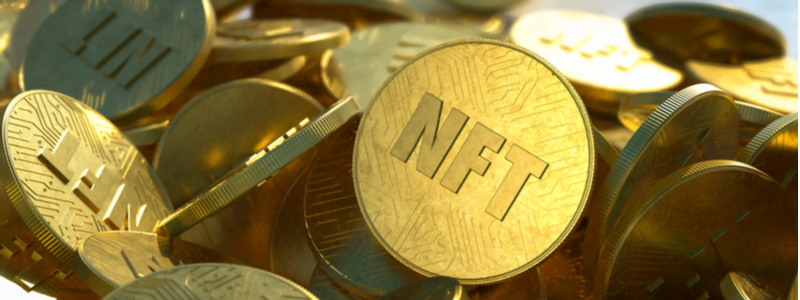
Personal use NFTs
Given the nature of NFTs and the corresponding artwork or in game assets, it may be that the NFTs are held for personal use and enjoyment. This is an important distinction to make as the ATO will not require you to report any gains or losses which you incur from the disposal of NFTs which are personal use in nature.
The scenarios which relate to NFTs being used as a personal use asset requires extensive evaluation of your activities to determine whether it is in fact personal use. We are anticipating revised guidance for the tax treatment of NFTs with clear scenarios as to what relates to a personal use asset in this regard as most NFT games are now played to earn. This is effectively a gray area as to what the intention is of the taxpayer as to why they are engaging with the game, questions such as is the game being played for sheer private enjoyment and a consequence is earning cryptocurrency tokens or is the game being played to earn the cryptocurrency tokens. They may also be situations where there is a combination of the two.
If you find yourself in this situation expert crypto advice is critical to arriving at the correct outcome and therefore recommend reaching out to our friendly crypto team.
NFTs as a business
We are finding a growing amount of NFT based businesses, these are businesses whose primary turnover is through the disposal/sale. Some of the NFTs are strictly digital art in nature whilst others have inbuilt utility. An example of an inbuilt utility is exclusive membership where the owner is welcomed to visit exclusive member only events or attend webinars, receive monetary benefits by way of other cryptocurrency tokens or NFTs (airdropping) to their wallet address.
As all businesses, it is important to structure your businesses affairs in a manner that is going to achieve the purpose and goal of the business. Operating your business in a tax effective environment and with limiting liabilities to founders and creators alike is typically the first steppingstone to setting your business up for success.
Structuring the businesses administration is also very important, clear, and adequate record keeping for your business will ensure that you remain compliant with your reporting requirements in an appropriate manner. Record keeping procedures, accounting software, bank accounts, recording and or reporting on Goods and Services Tax (“GST”) are all very important to consider and resolve prior to launching the businesses tokens.
Traversing and navigating through the NFT space as a business can be tricky and we highly recommend reaching out to our expert crypto team should you find yourself in this position. There are many considerations to be aware of.
Future of NFTs
The NFT space appears to be growing and evolving at rapid speeds, it is apparent to us that this space will only grow in complexity and yet again be ahead of the curve in legislation and the governments guidance. Therefore, it is important to understand early on your tax obligations when engaging in this space.
To make sure you don’t get into trouble with the ATO, it’s always a good idea to talk to experts. With Fullstack’s crypto tax accountants, you can be sure that your NFTs and other crypto assets are reported correctly on your tax return every time you file it.
Was this article helpful?
Related Posts
- 7 Tax Tips for your Crypto Portfolio
Managing your crypto tax obligations during tax time can be stressful. Read seven key tips…
- ATO targets cryptocurrency
The ATO is chasing taxpayers yet to report on their crypto activities - don't be…
- Crypto Bookkeeping Best Practices: What You Need to Know
Ensuring your business is executing an efficient and effective crypto bookkeeping strategy can rapidly become…



